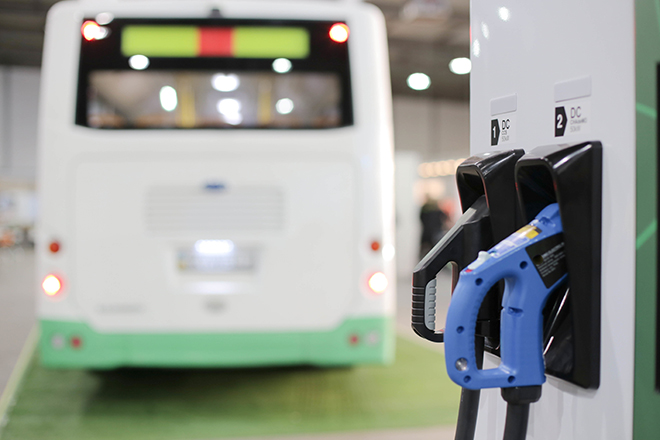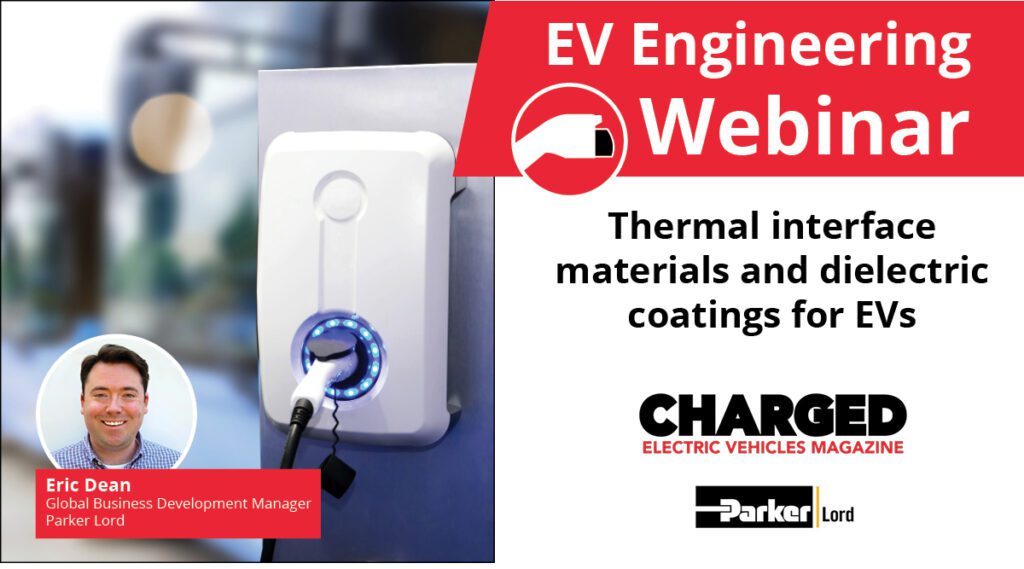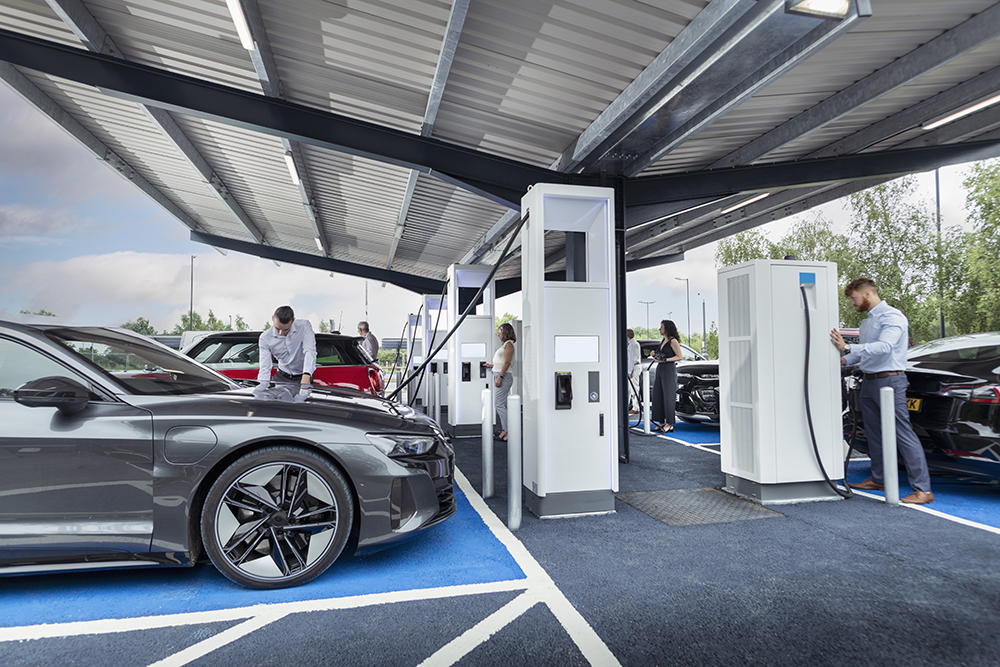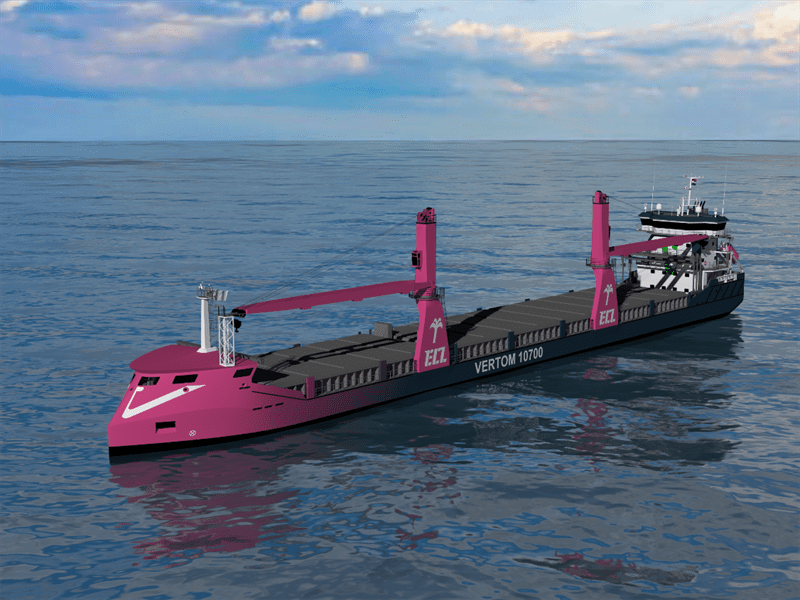There is a proposal on the table in California that has to do with setting standards for energy metering on DC fast charging stations. Basically, the state is looking to enact regulations on EV charging similar to those that already exist for gasoline sales – gas pumps are regularly certified to ensure that when you pay for a gallon of gasoline, that’s what the pump dispenses, within a small margin of error.
While this may seem like a no-brainer for DC fast charging, industry stakeholders have been quick to speak up about the details of the proposal – mainly asking for more time to iron out the exact details of DC metering.
(This is one of a three-part report on new regulations that some argue could hold back EV charging development, originally published in Charged Issue 42 – March/April 2019.)
The California Department of Food and Agriculture has proposed amendments to Code of the National Institute of Standards and Technology (NIST) Handbook 44, Specifications, Tolerances, and other Technical Requirements for Weighing and Measuring Devices. California is the first state to take this spec and push for it as an actual requirement. Regulators are looking to have the metering feature on all new DC fast chargers, and also retrofitted on existing public hardware, by January 1st, 2020.
According to some in the charging industry, meeting this requirement is unlikely in the time frame allotted because of a lack of commercially viable technical solutions that achieve the proposed spec. There is additional concern about the high costs of retrofitting existing chargers, even if such high-accuracy meters were available.
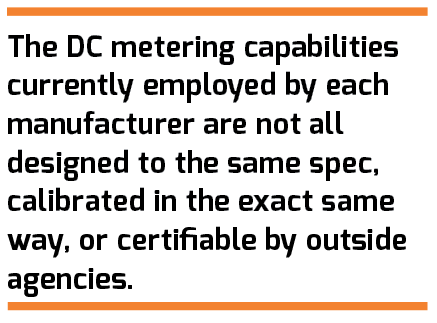
Of course, all of the DC charging equipment in question already has some sort of a metering capability designed by the manufacturers. However, they are not all designed to the same spec, calibrated in the exact same way, or certifiable by outside agencies.
The biggest hurdle is that there is no robust market for this kind of DC metering technology in other industries. On the other hand, AC metering hardware provides an example of a mature market with plenty of competition. AC meters are found not only at every home and business that’s connected to the grid, but also on distribution transformers. As a result, there are a lot of different suppliers and competition for AC metering globally, so the cost is low and the technology is standardized. DC charging stakeholders are arguing that this is not the case for DC metering.
There is also an open question about the amount of accuracy needed for DC fast charging. Does it need to be highly accurate across the whole range of current levels, even if that’s cost-prohibitive?
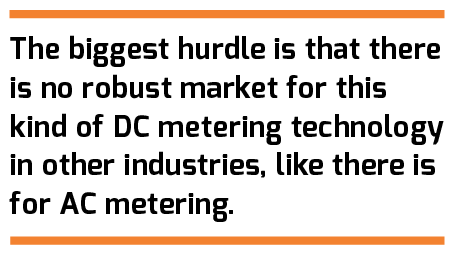
More time
Fortunately, according to charging industry stakeholders we spoke to, the regulators are open to feedback. The California Department of Food and Agriculture is now in the process of considering public comments, soliciting feedback from stakeholders and reaching out individually to discuss the impact of the proposed changes. The next step will be to release a revision, followed by another commenting period.
A similar regulation has been proposed in Germany [Anwendungsregel VDE-AR-E 2418-3-100], and authorities received over 900 comments from industry leaders.
While most agree that DC metering devices will have value in the long run, charging stakeholders are mostly concerned with the currently proposed timeframe in which they will be required. They believe that more time will allow for a consensus to be reached on the levels of accuracy required and that, with sufficient time before the new regulation kicks in, other businesses will enter the new market for DC metering that the regulation will create, offering a competitive marketplace with multiple sources to procure from.
This article appeared in Charged Issue 42 – March/April 2019 – Subscribe now.
SEE ALSO:
Determining ENERGY STAR specifications for high-power EV fast chargers proves challenging






